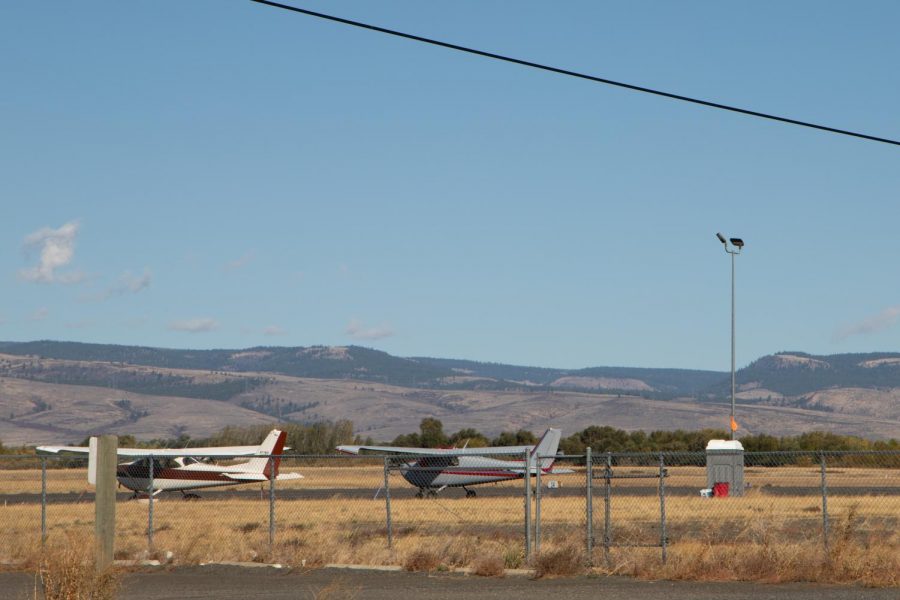Boeing moves production of 787 to South Carolina
Students in certain fields may be affected by Boeing’s decision to move production of the 787.
October 15, 2020
Boeing announced moving the production of aircraft 787 from Everett, Washington to South Carolina in 2021. This move would leave multiple people without jobs and call into question the job opportunities that would be available through Boeing in Washington state in the near future.
Even before the pandemic began, Boeing took a hit due to deadly plane crashes in 2019. When the pandemic began, less people were traveling, so this decreased the need for airline production. According to Forbes, during the summer months Boeing laid off 10,000 workers at the Everett facility because of this. With the move to South Carolina, more layoffs will come.
According to a press release by Boeing issued on Oct. 1, CEO Stan Deal said the move is to ensure the success of aircraft 787 production.
“As our customers manage through the unprecedented global pandemic, to ensure the long-term success of the 787 program, we are consolidating 787 production in South Carolina,” Deal said.
The press release also stated that the branch in South Carolina is only equipped to build the 787-10, the larger model, and not the 787-8. Due to this, production of 787-8 will continue in the Everett branch until 2021.
According to The Seattle Times, before the pandemic-related layoffs, the Everett plant employed over 30,000 employees. With Boeing’s decision to move, Gov. Jay Inslee predicts another 1,000 people will lose their jobs.
In a press release issued by his office, Inslee said he asked Boeing to keep production of the 787 in the state.
“In all our conversations, they never asked for anything,” Inslee said. “I understand the serious market forces Boeing faces today. What I don’t understand is why the company can’t commit to restoring production here when the market for this plane improves.”
Freshman aviation management major Thomas Rieger said the move to South Carolina is unsettling.
“It’s never good to jump into a field that is declining,” Rieger said.
Rieger’s ultimate goal is to become a pilot, so he hopes to be stationed as one in the air force through ROTC.
“Being in the air force, hopefully I’ll get commissioned as a pilot, get that slot and then get the experience through that to translate it to a career as an airline captain,” Rieger said.
While he was concerned, he said it is not the worst thing that could happen.
“It does give me pause but it’s not the end of the world as far as I’m concerned,” Rieger said. “We’ll be able to adapt and it should work out.”
He added that if he wasn’t in ROTC and only had his aviation management degree, he would start to look for other options.
“If I only had that degree, in aviation management, I would definitely be a little hesitant and scout more options,” Rieger said.
Another degree at CWU that teaches skills that can be used at Boeing is mechanical engineering technology (MET).
MET professor Charles Pringle said engineers are needed everywhere, and MET students get hired by many different companies besides Boeing.
John Choi, also a MET professor, said he feels in general, job prospects for MET students are good because there are “a variety of employment opportunities available to them.”
Even though this move would lead to more layoffs, Boeing would still be a major employer in Washington state. According to Inslee’s press release, they would still employ about 70,000 workers.
Additionally, production of aircrafts 737, 747, 767 and 777 would still continue in the Puget Sound.



